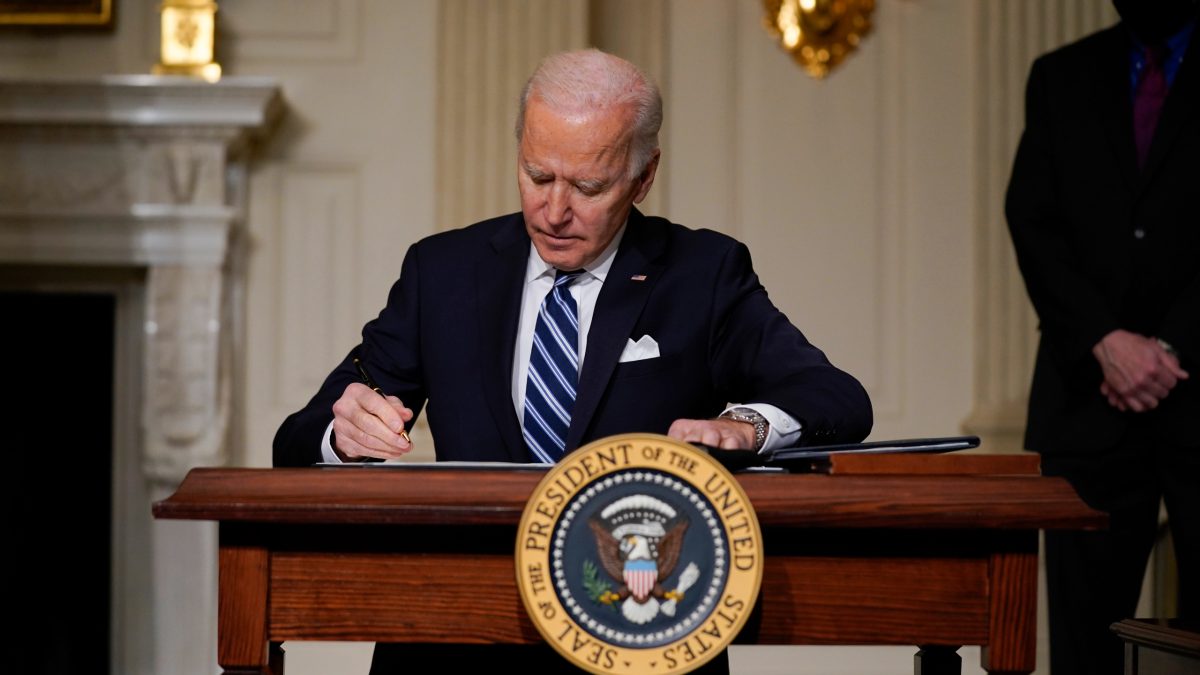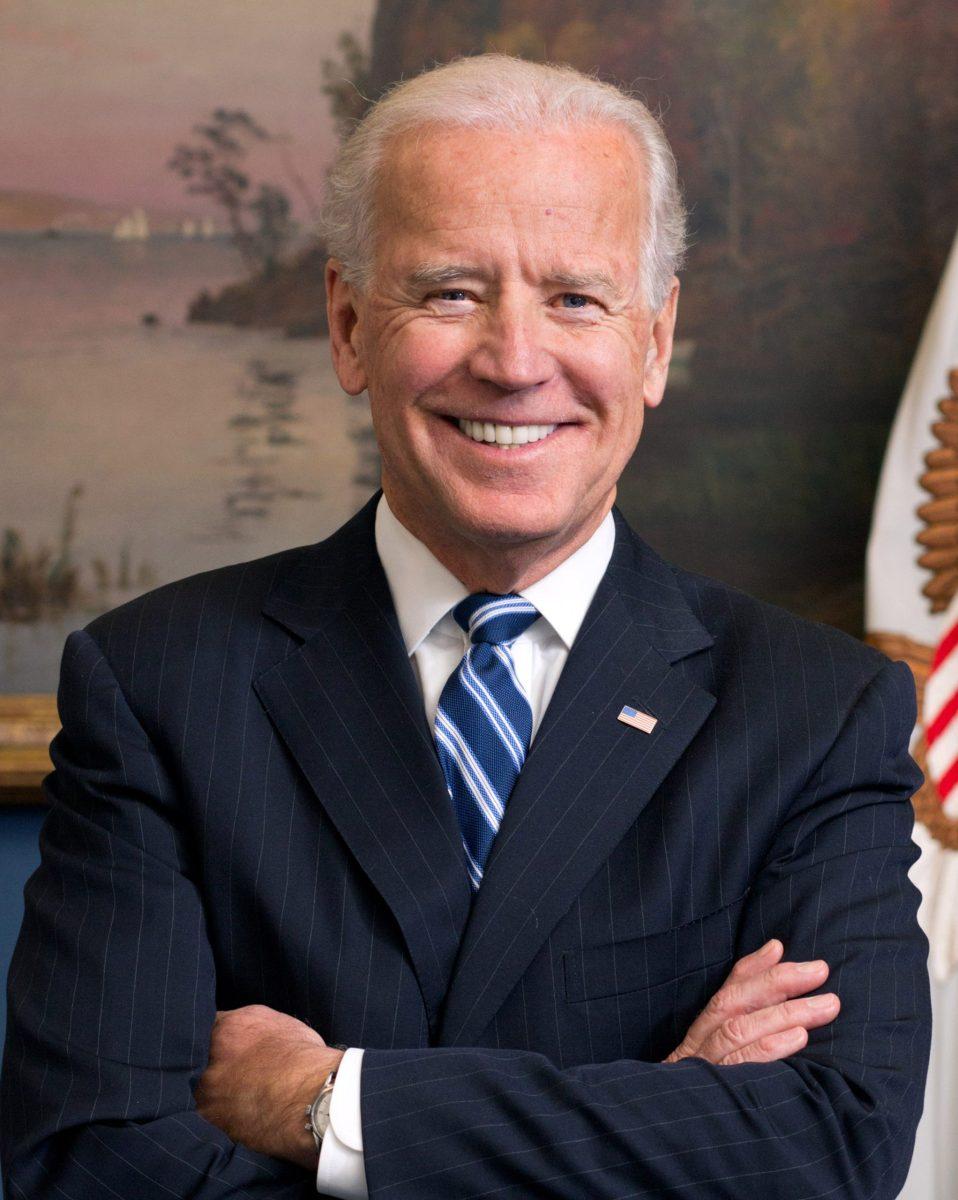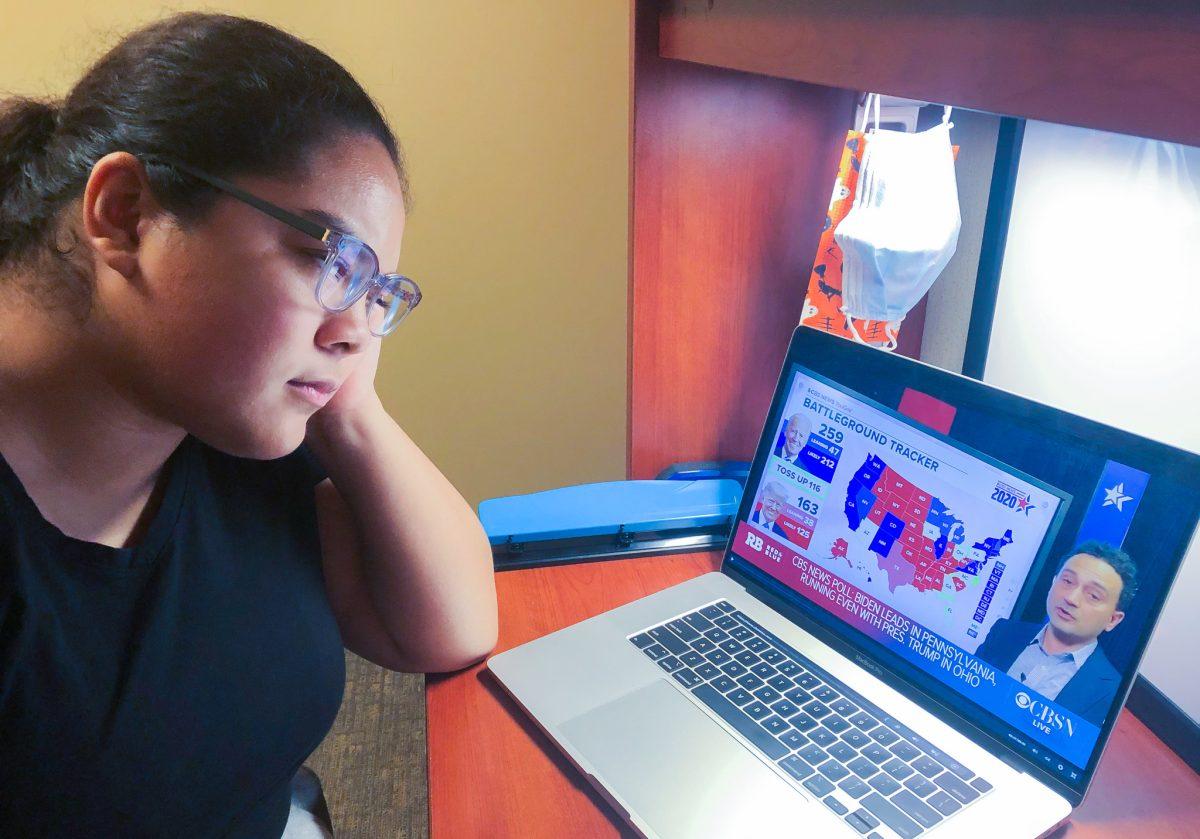President Joe Biden began his presidency last week with a suit of executive orders that covered a broad range of topics, with the intention of ushering in change towards the goals of the policies he set on the campaign trail. These executive orders hold power over the communities residing in New Jersey, and these new pieces of legislation will affect the way of life for many New Jerseyans.
Addressing COVID-19 was one of the main issues President Biden aimed to address with his executive orders. Figures from the CDC show New Jersey’s struggle with COVID-19, with fluctuating around 4,000 to 5,000 new cases a day. Biden’s COVID-19 related orders have established the position of the COVID-19 Response Coordinator, which exists to organize and distribute the federal government’s cache of “personal protective equipment, vaccines, tests and other supplies.” The results of these initiatives will be to consistently administer 10 million doses of vaccine a week across the United States, and to purchase 200 million more doses of vaccine by this summer to provide a reliable source of doses as distribution increases. Per the New York Times, New Jersey has already administered 1,091,400 doses of vaccine across NJ residents and will be receiving more vaccines from the federal government to distribute as time goes on.
Biden also issued an executive order aiming to support the reopening and continuation of schools and early childhood education providers across the country. This order outlined the conjoined responsibilities of the Secretary of Education and Secretary of Health to provide evidence-based guidance on how to safely reopen or continue education in schools, in the form of a plan. Governor Phil Murphy expressed his support for Biden’s plan for reopening schools. As per NJ.com, there are currently 80 K-12 New Jerseys schools implementing in-person instruction, 325 doing remote learning and 360 doing a combination of both. The support of the teachers’ unions for returning to in-person instruction relies heavily on the state’s ability to distribute vaccines to educators.
Biden’s executive order on advancing racial equity attempts to bridge the gap of inequality between underserved communities and privileged ones. The order outlines the role of the Federal Domestic Policy Council in removing the systemic barriers towards opportunities and benefits that many people belonging to minority groups face. This means that federal agencies will be audited to see if people in these minority groups are being restricted access to federal programs, services and contracting opportunities. The initiative also aims to increase representation of underserved communities in the federal government. According to the US Census, New Jersey is (roughly) 54% White, 15% Black or African American, 10% Asian, 20% Hispanic or Latino and 1% other. New Jersey is a diverse state with many underserved communities that have may have much to gain from this executive order.
Further, Biden has instated executive orders adding new immigration policies, including overturning former President Trump’s restrictions on travel between countries with Muslim-majority populations, which may have significant effects on New Jersey’s population, touting the second highest Muslim population in America, as well as strengthening protections for approximately 17,000 “dreamers” in New Jersey under DACA.

































